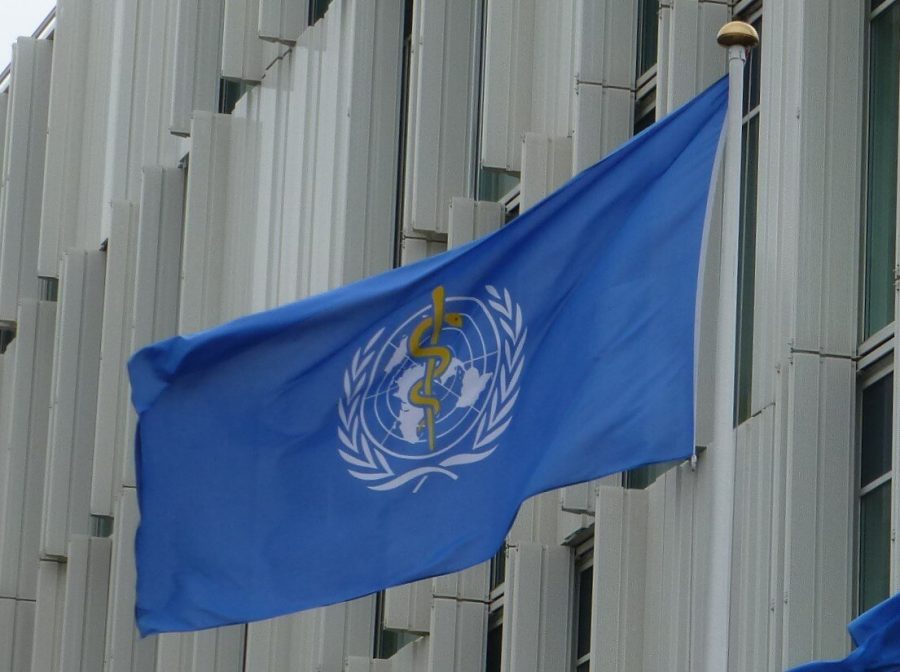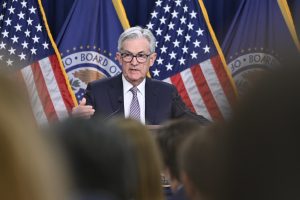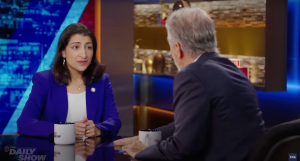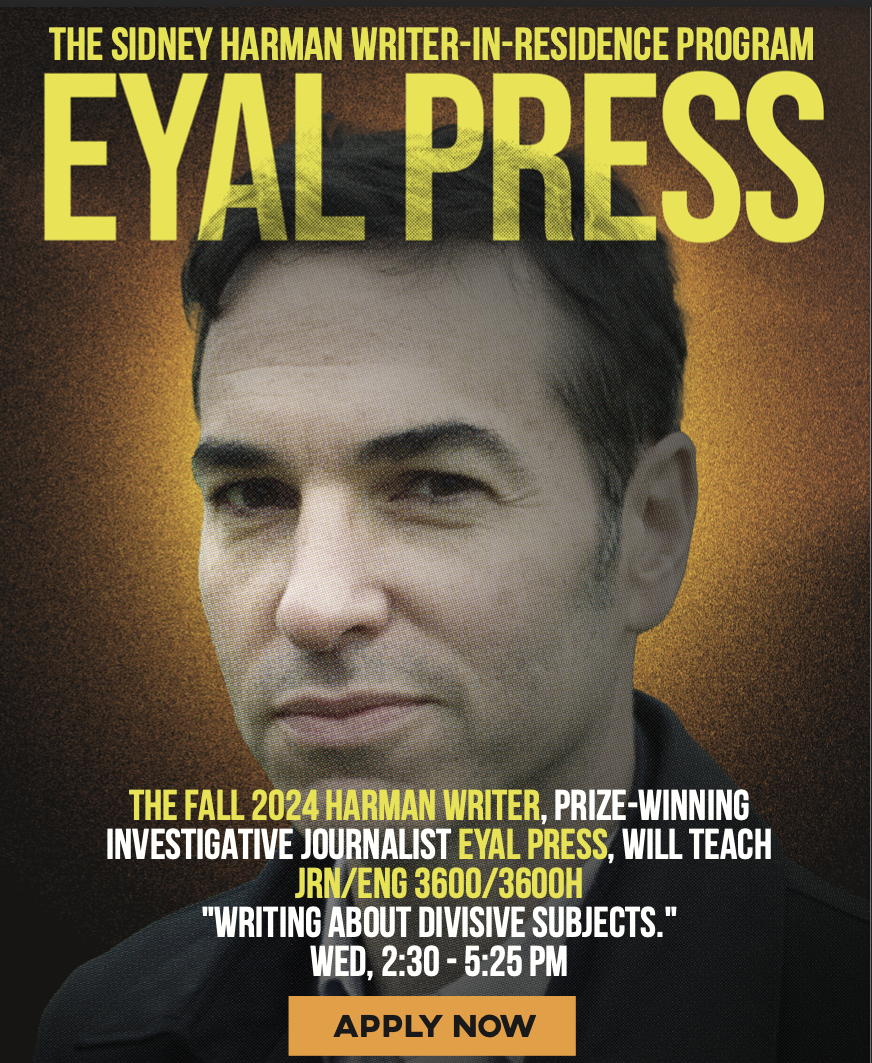Trump’s freeze of World Health Organization funding concerns health experts
April 26, 2020
President Donald Trump announced on April 14 that he would be cutting U.S. funding to the World Health Organization for 90 days. His decision to do so stems from his belief that the organization is “severely mismanaging and covering up the spread of the coronavirus,” according to Science magazine.
In a press briefing, Trump claimed that the United States would possibly restore funding if an investigation proved the organization did not mismanage or intentionally conceal the severity of the coronavirus.
Recently, WHO received criticism for not declaring the coronavirus outbreak as a pandemic early enough. Trump accused the organization of failing to act when the outbreak first started in order to protect China, after the organization publicly praised the country for its handling of the virus. The United States is now currently exploring the possibility that the coronavirus thread was originally created in a lab in Wuhan, China, according to CNN.
Officials from the Centers for Disease Control and Prevention, a U.S. agency, released statements saying that it had worked with WHO.
“The presence of so many U.S. officials undercuts President Trump’s assertion that the WHO’s failure to communicate the extent of the threat, born of a desire to protect China, is largely responsible for the rapid spread of the virus in the United States,” The Washington Post reported.
Therefore, WHO has been in contact with the United States and provided relevant details about COVID-19. The organization’s website also includes a summary column that has provided the latest updates of the coronavirus outbreak since December 2019.
Essentially, the decision to hold back funding comes from a political standpoint. Countries around the world have high death tolls, a lack of medical equipment and do not show signs of improving any time soon. For these reasons, health officials and experts believe that the pandemic should not be polarized or used as a means of retaliation.
This defunding has prompted worldwide disapproval. Many people believe that taking funds away from health and humanitarian organizations in the midst of a pandemic is the wrong course of action. In a time of uncertainty and low morale in the United States, it is “time “for unity” and “for the international community to work together,” United Nations Secretary-General Antonio Guterres said.
The United States currently contributes the most money to the health organization out of any other nation in the world.
“For the two-year budget cycle of 2018 and 2019, the U.S. government pledged to contribute $893 million to WHO’s budget – consisting of ‘assessed contributions’ (dues paid by member countries) and voluntary contributions,” NPR reported.
Unlike the United States, many countries around the world don’t have the financial resources to support the global organization. The pandemic has hit third-world countries especially hard because they are still enduring ongoing problems such as malnutrition, lack of health resources and other diseases and illnesses.
“The big picture: In many poor countries that are now imposing lockdowns, millions live in cramped conditions without regular access to running water — and many simply can’t afford to stay home,” Axios reported. “The effectiveness of those policies is thus uncertain, and the economic pain is severe.”
Due to their lack of medical technology and sterilized equipment, these countries urgently need WHO’s aid. Thus, the president’s decision to cut off funding would hurt not only the organization, but its ability to help countries in dire need as well.
Throughout the world, however, the coronavirus curve seems to finally be plateauing. In countries that once witnessed incredibly high death rates, such as Italy and China, government issued quarantines are coming to an end. Still, cutting the funding to the WHO is a drastic measure to take when there is no certainty as to whether or not the pandemic is truly over.
In fact, the organization itself does not believe that it is safe for governments to start relieving strict stay-at-home orders. “WHO Director-General Tedros Adhanom Ghebreyesus didn’t specify why he believes that the outbreak that has infected some 2.5 million people and killed over 166,000 could get worse,” The Associated Press reported. Yet many governments still don’t comprehend the total severity of the virus, or do not have the proper health systems to fight it.
This grim and vague message from the organization is a testament to the troubling and uncertain times the world is enduring. Still, for the sake of humanity’s health and in battling the invisible enemy, countries and leaders must ask themselves how the world would fare without the organization’s contributions to the health of millions worldwide.
“Then, the politics start again.” Kelley Lee, a research chair in global health governance at Simon Fraser University in British Columbia, said in a Vox interview. “I’m finding it really a little bit worrying that we come out of this outbreak and we destroy WHO, and we have nothing for the next time. There’s going to be a next time. This is just a warmup.”
Essentially, the United States’ controversial decision to take funding away from an imperative organization during the pandemic could prove to create devastating effects, manifested in a continuous loss of life worldwide.









